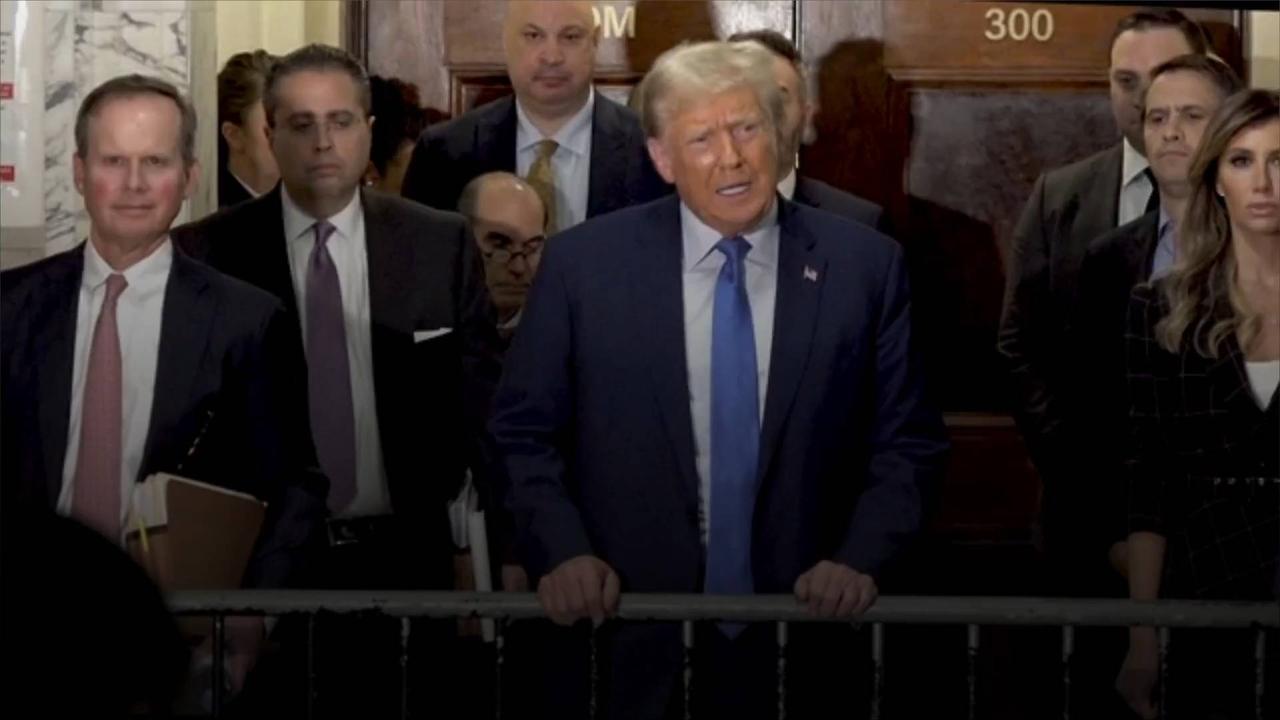
Trump Not Immune , From Prosecution in Election Interference Case, , Appeals Court Rules.
On Feb.
6, a federal appeals court ruled that "former President Trump has become citizen Trump, with all of the defenses of any other criminal defendant," NPR reports.
.
This means that Trump is not broadly immune from federal prosecution, particularly when it comes to the 2020 election interference case.
The ruling comes after Trump's lawyers asserted his immunity last month.
At the time, special counsel claimed broad immunity would "undermine democracy" by giving sitting presidents authority to commit crimes while in office.
.
According to the latest ruling, "a striking paradox" would arise if the one person who is constitutionally obligated to ensure that laws are upheld... "were the sole officer capable of defying those laws with impunity," NPR reports.
.
We cannot accept that the office of the presidency places its former occupants above the law for all time thereafter.
, Via appeals court ruling.
[This] would collapse our system of separated powers by placing the president beyond the reach of all three branches, Via appeals court ruling.
Trump "respectfully disagrees with the D.C.
Circuit's decision and will appeal it in order to safeguard the presidency and the Constitution," spokesperson Steven Cheung said.
If immunity is not granted to a president, every future president who leaves office will be immediately indicted by the opposing party, Trump spokesperson Steven Cheung, via statement.
Without complete immunity, a president of the United States would not be able to properly function!, Trump spokesperson Steven Cheung, via statement.
Trump has pleaded not guilty to each of the counts against him in the 2020 election interference case.


